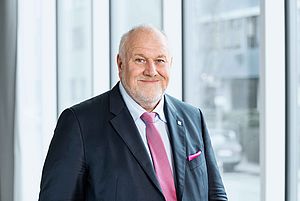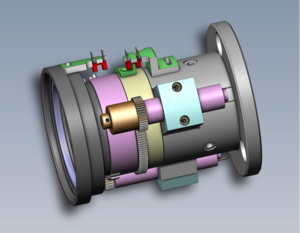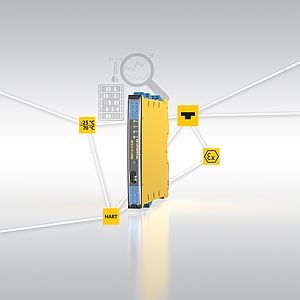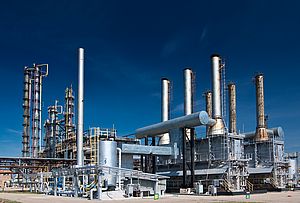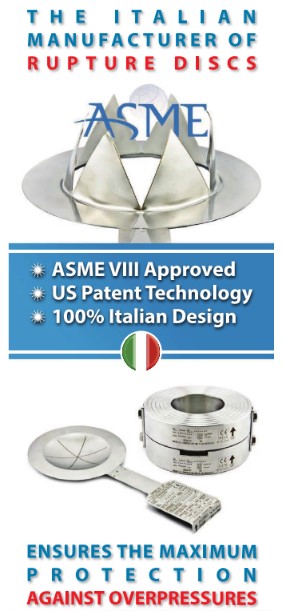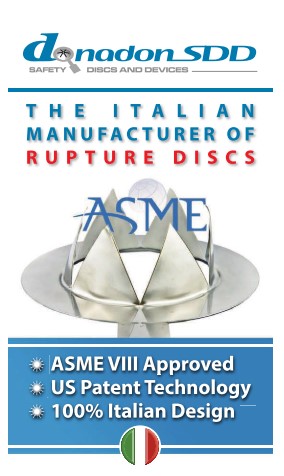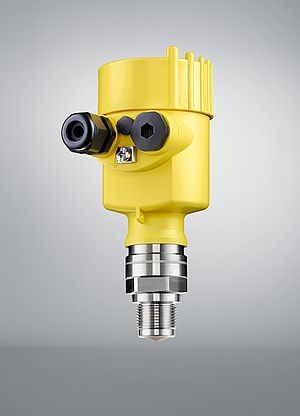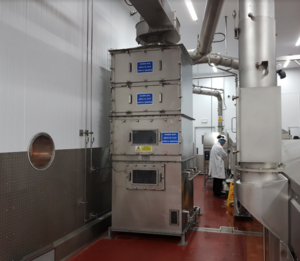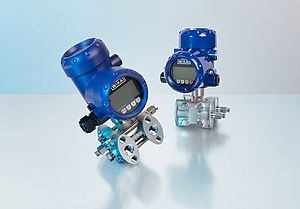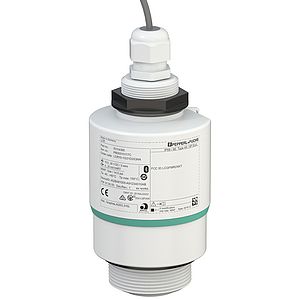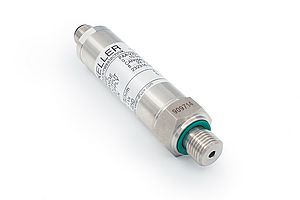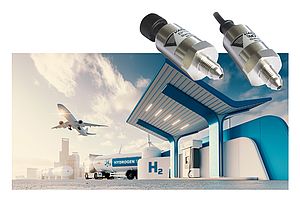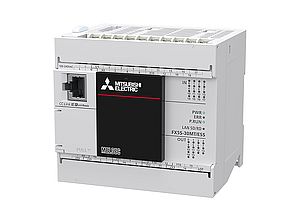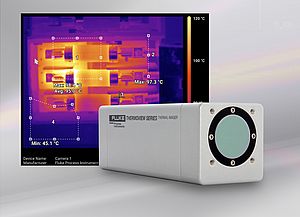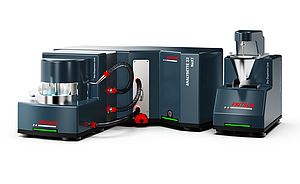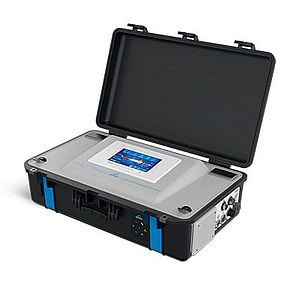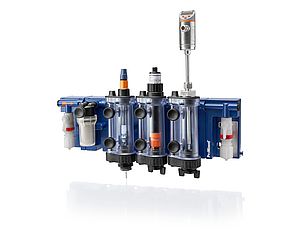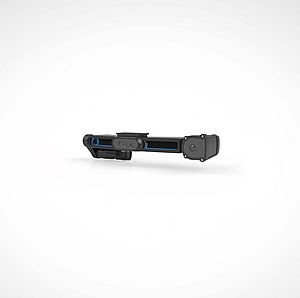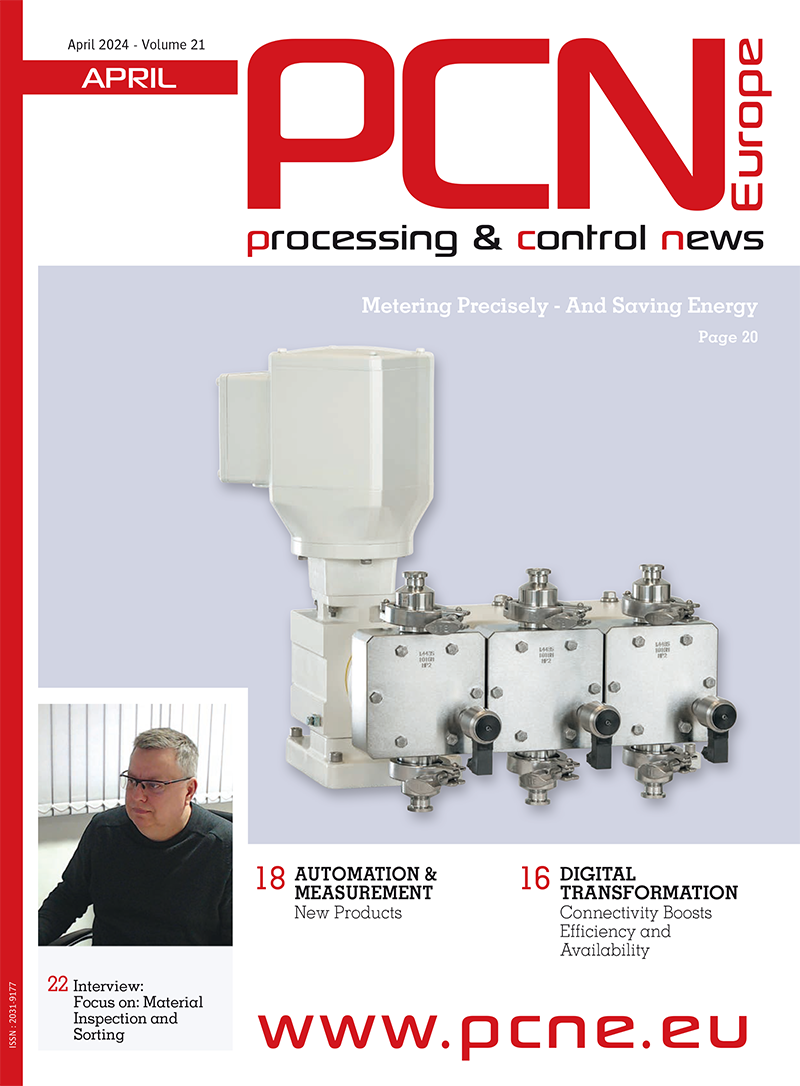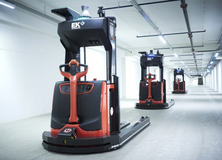Although there is a lot happening in the hydrogen and fuel cells space now, the industry still has some work to do before one can speak of a big breakthrough. This is where the Hydrogen + Fuel Cells showcase at HANNOVER MESSE has an important part to play as an incubator of technological inspiration and initiatives for the ongoing development of a hydrogen economy in Germany, the whole of Europe and, ultimately worldwide.
Things start moving - but there is still a long way to go
Grand as that claim may sound, it is based on solid industry demand. “Since its launch more than 10 years ago, Hydrogen + Fuel Cells has become Europe’s most important showcase for hydrogen and fuel cell technology,” explains Basilios Triantafillos, Global Director Energy Solutions at Deutsche Messe. “For 2020 we are expecting more than 200 exhibitors from all around the world. That’s an all-time record for Hydrogen + Fuel Cells.” Among the exhibitors at the showcase will be H2 Mobility Deutschland, a joint venture between Air Liquide, Daimler, Linde, OMV, Shell and TOTAL tasked with rolling out hydrogen refueling stations in Germany. Linde, a global manufacturer of industrial gases, is involved in a number of refueling infrastructure activities in addition to the ones it will be co-presenting at HANNOVER MESSE 2020. For example, it recently stepped up its involvement in the production of hydrogen using electrolyzers. This involved acquiring a stake in UK-based fuel cell specialist ITM Power with a view to jointly building the world’s largest electrolyzer factory in Sheffield. The two companies have plans to build electrolyzers with capacities of 10 megawatts and more, and have their sights set on developing a mass-producible 5-megawatt module.
Overall, there is a palpable sense of optimism among organizations involved in hydrogen and fuel cell technology, a growing feeling that things are finally moving – in all areas, research, manufacturing and supply. There is also a strong realization that greater use of electric vehicles, whether battery or hydrogen-powered, only makes sense if it is based on renewable energy sources.
On the other hand, the statistics from Germany’s Federal Motor Transport Authority (KBA) are somewhat sobering: they show that of the 47 million or so passenger cars on Germany’s roads at the start of this year, only about 83,000 had electric propulsion (that includes battery and fuel cell-powered vehicles, plug-in hybrids and related technologies). But if the European Union is actually going to meet its CO2 reduction targets, Germany will need to have between seven and 10.5 million EVs on its roads by 2030.
If you need more information about the above mentioned and want to learn more from first-hand, you can register at the HANNOVER MESSE website for a free ticket.





